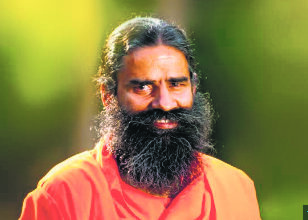To address the backlog of cases in the Supreme Court, a five-day special Lok Adalat has been initiated, starting Monday. This event, held to commemorate the 75th anniversary of the Supreme Court’s establishment, runs from July 29 to August 3.
The Supreme Court has invited citizens to participate in the Lok Adalat to resolve disputes voluntarily and amicably. For the convenience of all involved, the Supreme Court Registry has set up dedicated video conference links for Special Lok Adalat sessions in Courts Nos. 1 to 7 throughout the week.
The Special Lok Adalat sessions take place daily after 2 pm and involve two Supreme Court judges, a senior advocate, and one Advocate-on-Record. Litigants will also be present to resolve their cases.
Chief Justice of India DY Chandrachud has urged citizens with pending cases in the Supreme Court to participate in the Special Lok Adalat for speedy and amicable resolution.
Lok Adalats play a crucial role in the judicial system by providing alternative dispute resolution methods, encouraging faster and amicable settlements. The Special Lok Adalat will handle cases with settlement potential, including matrimonial and property disputes, motor accident claims, land acquisition, compensation, and service and labor disputes.
The Supreme Court registry has identified over 2,200 cases for this five-day event, including 911 motor accident claims. Seven courts are dedicated to conducting the Special Lok Adalat.
Law Minister Arjun Ram Meghwal recently informed Parliament that the number of pending cases in the Supreme Court has increased by 35% over the past five years, from 59,859 in 2019 to 80,765 by the end of 2023, marking an increase of over 20,900 cases.























